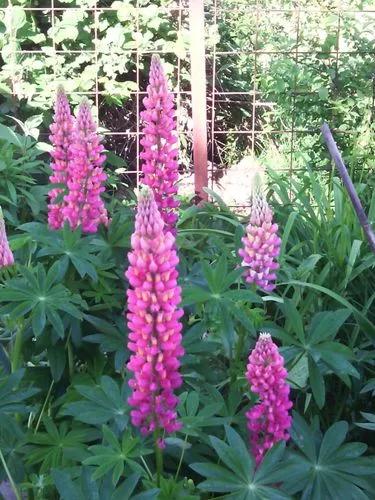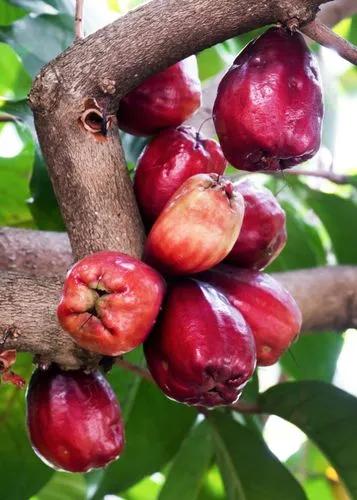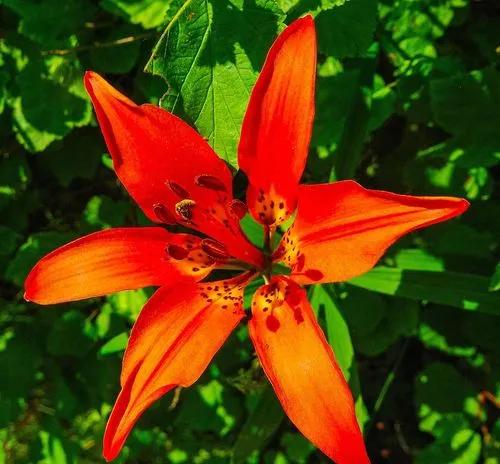Cercis canadensis, the eastern redbud, is a large deciduous shrub or small tree, native to eastern North America from southern Ontario, south to northern Florida but which can thrive as far west as California. It is the state tree of Oklahoma.
Judastree Care
Cercis canadensis



Cercis canadensis, commonly called eastern redbud, is a deciduous, often multi-trunked understory tree with a rounded crown that typically matures to 20-30’ tall with a slightly larger spread. It is particularly noted for its stunning pea-like rose-purple flowers which bloom profusely on bare branches in early spring (March-April) before the foliage emerges. The tree is found in open woodlands, thickets, woodland margins, limestone glades and along rocky streams and bluffs throughout Missouri. Flowers (to ½” wide) bloom in clusters of 4-10. Flowers are followed by flattened leguminous bean-like dry seedpods (to 2-4” long) that mature to brown in summer.
How to Care for the Plant

Water

The root ball of the Judas tree needs constant moisture and should never dry out completely. In winter the roots should be kept only slightly moist. The Cercis prefers water with a neutral or slightly acidic pH value.

Pruning

Dead fronds and leaves can be removed.

Fertilizer

Mix the recommended amount of liquid fertilizer and water in a watering can. Then simply pour the mix into the soil as if you're watering the plant.

Sunlight

Indoors, keep your plant in an area having plenty of bright filtered light.

Soil

Use a well-draining indoor potting mix with perlite to help with drainage.

Temperature

The tree can be grown in the areas with the lowest winter temperatures of −34.4°C (−30°F).

Container

Ceramic pots are the most popular type of containers for houseplants today. You'll find them in all kinds of styles, colors, and sizes. At one time, the clay pot was the most common container for indoor plants. When choosing a pot, choose a pot that is 2.5-5 cm (1-2”) larger than the current size.

Popularity

6,684 people already have this plant 1,171 people have added this plant to their wishlists
Discover more plants with the list below
Popular articles






